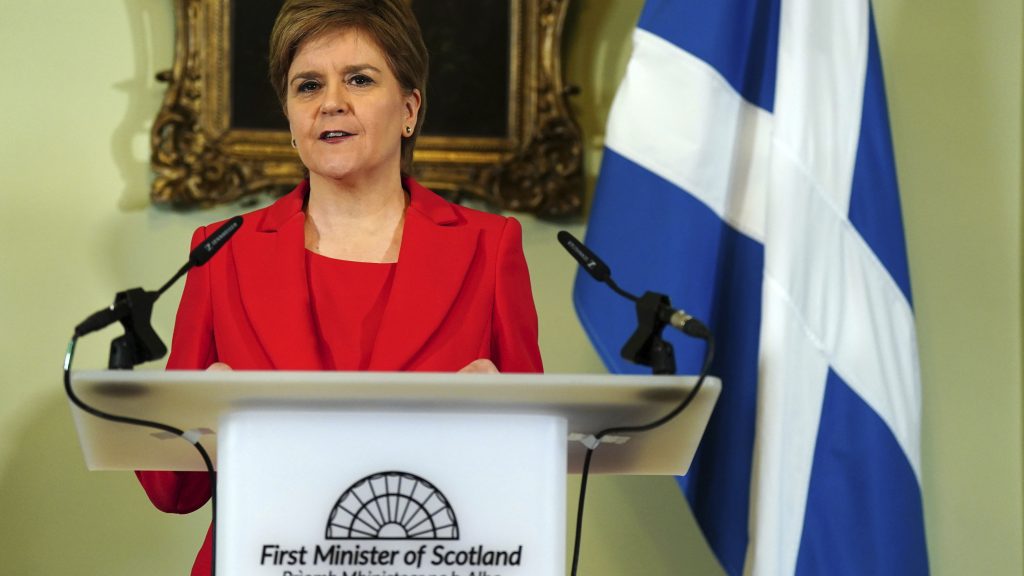Nicola Sturgeon has resigned as first minister of Scotland after nine years. She says that it was the funeral of independence activist Allan Angus that solidified her decision to leave. However, with sensitive political situations occurring in recent weeks, there are many other situations that could have been Ms Sturgeon’s breaking point.
Scottish Independence
Ms Sturgeon has been a long-time campaigner for Scottish Independence, and recently explained that Scotland is at a “critical moment” of the movement, according to the BBC. With a campaign for a second referendum, a poll took place five days before Sturgeon’s resignation and revealed that only 45.6% of people wanted Scottish independence. The poll also showed a decline in support of Scottish Independence since the last poll in November, which showed that 50.2% of people had voted in favour of independence.
According to BBC News, Ms Sturgeon says that leaving her position as first minister would allow the SNP to decide how to move forward with this matter without having to consider how it would affect her leadership.
The Gender Recognition Reform bill
This bill was put in place to make it easier for people to change their legal gender, and is an amendment of the Gender Recognition Act of 2004. MSPs voted for the bill to be passed in December, and was met with a split opinion across Scotland.
Ms Sturgeon is in favour of the bill, stating that passing the bill reforms an “existing process that is degrading and traumatic for trans people”, The BBC reports. However, MPs that are against the bill being passed argue that this decision will conflict with the UK-wide Equality Act by complicating issues on women only areas. The UK has therefore blocked the bill from receiving royal ascent.
Ms Sturgeon was set to challenge the UK government in court before her resignation, but now there are speculations that the next first minister of Scotland is being advised to not take legal action that Ms Sturgeon was planning, the BBC reports.
Strikes
The ongoing strikes within the public sector are continuing across Scotland. As inflation remains high and budgets are being cut, teaching unions and the NHS are suffering.
Councils are setting budgets, where they are expected to increase council tax rates and make cuts to staff. As first minister of Scotland, this issue is concerning, as more strikes and outrage from workers will almost certainly take place as a result. With the pressure building up, Ms Sturgeon may have felt that this issue was too much to handle.
The future of the party
Ms Sturgeon acknowledged that the public have had split opinions on her during her time as first minister, saying: “For every person in Scotland who loves me, there is another who might not be quite so enthusiastic”. She has had many controversial moments throughout her career, most recently with her dedication to the Gender Recognition Reform Bill and Scottish Independence, and she says that these divided opinions on her are being used as “barriers to reasoned debate”.
She says that a new first minister may help people see the SNP as a party “full of talented individuals”, instead of having Ms Sturgeon stay in power for an even longer amount of time, the BBC reports.

